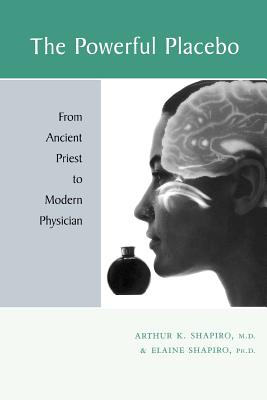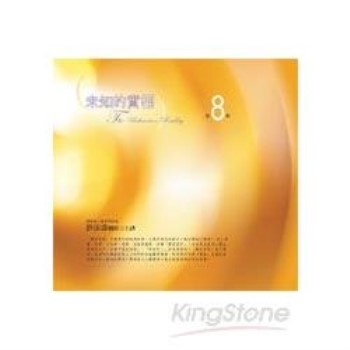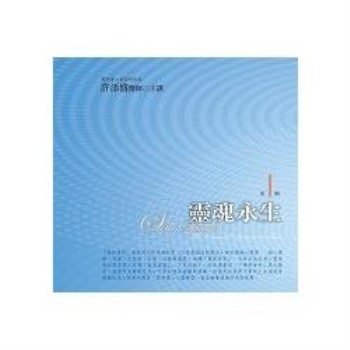Ranging from antiquity to modern times, this history of the placebo effect is especially timely in light of renewed interest in the mind-body relationship.
Until this century, most medications prescribed by physicians were pharmacologically inert, if not harmful. That is, physicians were prescribing placebos or worse without knowing it. In a sense, then, the history of medical treatment until relatively recently is the history of the placebo effect. Based on the authors’ lifelong study and clinical research, this is a comprehensive and scholarly examination of the placebo effect. The authors begin by surveying the use of placebos from antiquity to modern times. They also examine the development, use, and validity of the double-blind, controlled clinical trial. And they present their own study of the placebo effect in more than 1000 patients.
Demonstrating both the magnitude and the limitations of the placebo effect, the book helps to clarify knotty issues ranging from the evaluation of therapies to the ethics of conducting controlled studies in which patients are deliberately given placebos. With the renewed interest in the mind-body relationship as well as in the role of placebos in new and alternative medical procedures and therapies, the findings of this book are especially timely.











